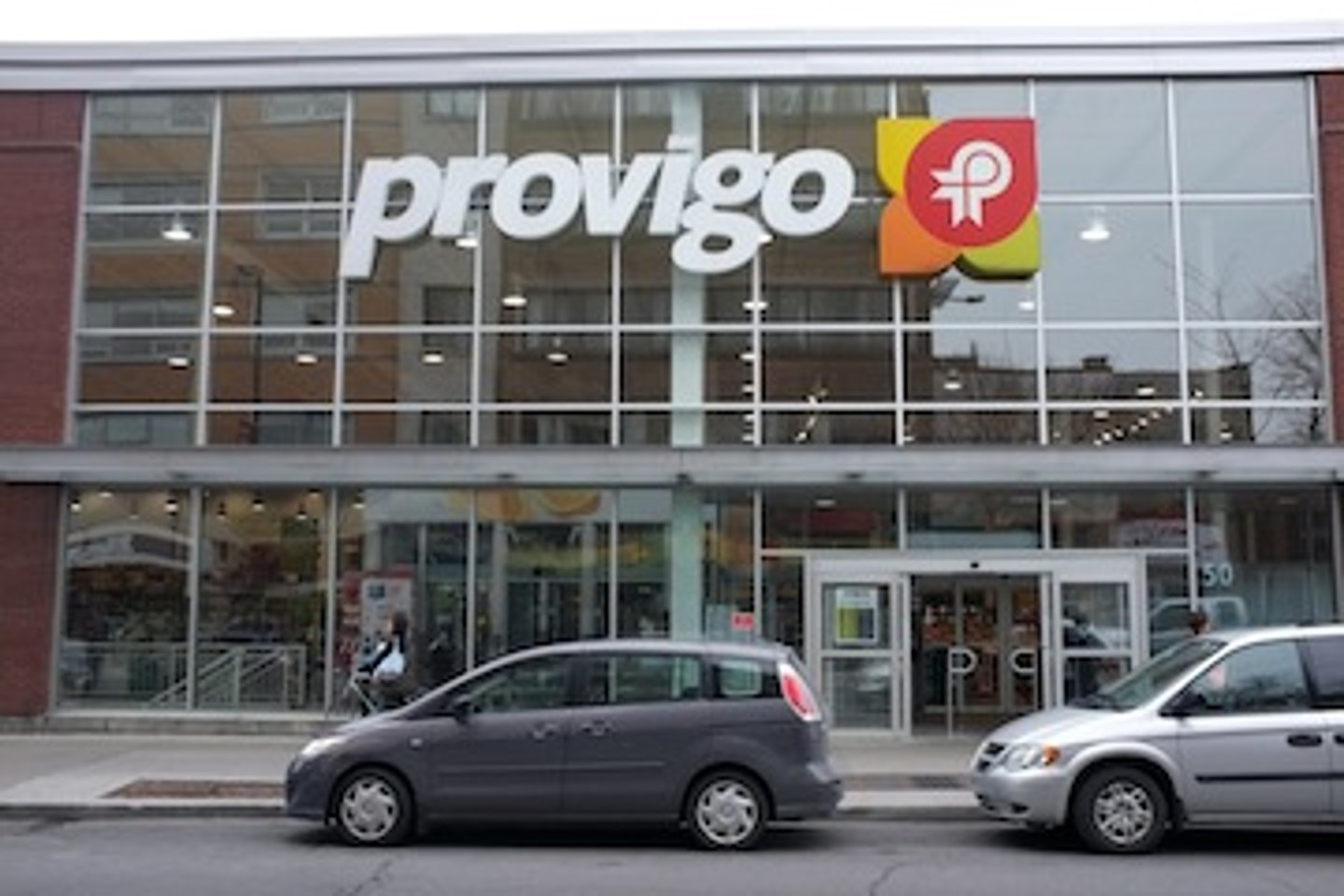In Quebec, the return of a contender
To many observers, Loblaw’s Provigo banner in Quebec has awakened from a long slumber after years of little marketing support and in-store updates.
Loblaw, it seems, has rediscovered Quebec with the recent announcement that it plans to inject $100 million into its Quebec stores.
Among the projects: Loblaw plans to transform six existing Provigo and Loblaws outlets into new-concept stores, renovate its discount Maxi and Maxi & Cie stores, and open the first new Provigo supermarket in many years.
“We’ve heard the criticisms,” says Pierre Dandoy, senior vice-president of operations for Provigo and Loblaws stores in Quebec.
But he notes that instead of focusing on Provigo, the company was, in recent years, focused on repositioning the Maxi discount brand in preparation for the arrival of Walmart Supercentres in Quebec, in 2011. “The discount market is very important to us.”
Indeed, BMO analyst Peter Sklar has noticed a drop in prices at Maxis located near Walmart Supercentres. Sklar concludes in a research note that this represents a change in tactics on the part of Loblaw, and that competitors may be forced to follow suit.
Much behind-the-scenes work has gone into integrating Quebec stores into SAP business management software. There has also been a move to convert corporate Provigo stores into franchises. Today, nearly three-quarters of Provigos in the province are franchised. Five years ago, only about a quarter were franchised.
Dandoy says it’s a win-win to have franchisees who live in their communities and can better adapt their stores to fit consumers’ needs.
“Quebec is a more franchised market than the rest of Canada,” he says. “It’s natural to franchise our Provigos. The results are excellent to date.”
As for the new-concept stores, they’ll be based on Loblaw’s Maple Leaf Gardens store in Toronto. Dandoy calls them “solution stores” with a large variety of ready- to-eat foods, huge displays of everything from cheese to cupcakes, Montreal-style bagels baked on-site and food experts on the floor.
“We often forget that consumers need ideas. They don’t necessarily know what they want to eat when they walk into the store. We want to inspire them with these stores.”
Provigo is also getting some marketing attention.
As it did 20 years ago at the Montreal Forum when the Montreal Canadiens last won the Stanley Cup, the Provigo banner now appears on rink boards at the Bell Centre.
That “Provigo Habs Go” sentiment has expanded to team practices. On a Sunday morning at the end of March, 17,000 shoppers attended a practice after spending more than $60 at Provigo to obtain free tickets.
As well, Provigo has become a sponsor of the Montreal en Lumière festival in the winter and the Tour de l’Ile cycling ride in June, and has expanded food donations to the Montreal food bank, Moisson Montreal (Harvest Montreal).
“It’s important for us to be visible,” Dandoy explains. “
The sudden attention to the Provigo banner after an absence of several years perplexes Eric Blais, president of Headspace Marketing, which specializes in explaining Quebec brands to marketers.
“From a consumer standpoint, there’s been radio silence for a long time,” he says.
Blais believes Provigo still has residual equity but has a long way to go before becoming a top-of-mind grocer with Quebec shoppers.
According to an online study conducted last fall by Headspace that asked francophone Quebecers “Which grocery stores do you usually use most often?” Provigo was cited by only 3.5%, well behind IGA (28%), Metro/Metro Plus (16.4%), Maxi/Maxi & Cie. (15.2%), Super-C (13.6%); and only slightly ahead of Loblaws (2.8%).
Gaétan Frigon, a former executive in Quebec food chains and ex-president of Quebec’s liquor board, who described the 1998 acquisition of Provigo by Loblaw as a “disaster,” suggested in a column published in March in Montreal’s La Presse that Loblaw has finally learned that the Toronto-knows-best attitude to Quebec isn’t working.
Loblaw, Frigon wrote, realized the situation in the province was untenable due to a lack of sensitivity to Quebec realities. Loblaw is now making gestures to give the company real Quebec management with more decision-making abilities.
More importantly, Loblaw seems to understand success in Quebec will come from the Provigo brand and in franchising as many stores as possible. “Loblaw will have to succeed in its bet or it won’t have a third chance,” Frigon wrote.

